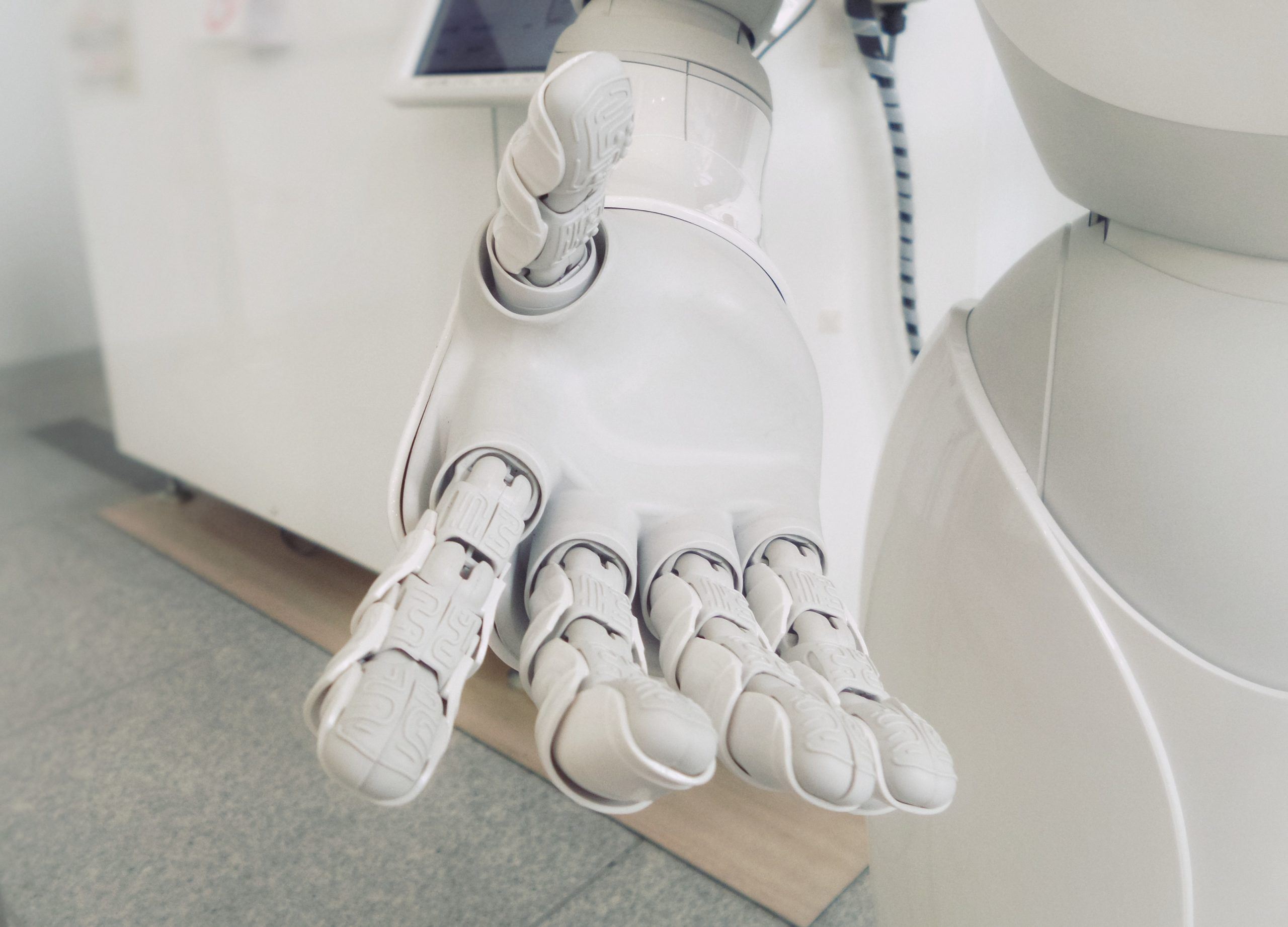-
Jeff is Fresh’s Chief Science Officer and an innovator with over 20 years of engineering experience. Prior to Fresh, Jeff founded SiTech Research Test and Development, a comprehensive product development and test systems solution provider whose clients included Philips, Universal Electronics, and Fortune 100 companies.
Jeff’s career spans nearly a decade at Microsoft where he helped develop successful products like the original Xbox and the Xbox Kinect; as well as stints as Principal Hardware Architect at Nokia, developing innovative IoT products and image sensors; and as a lead engineer at LaserMotive, where he played a primary role in the design of a laser targeting and delivery system which won an award from NASA.
He holds a BSEE from University of Alaska Fairbanks.





